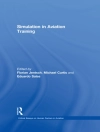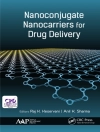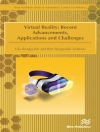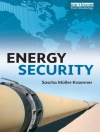World trade in agriculture, with its massive subsidies, restrictive barriers, international collaboration and competition, and the livelihoods of millions of farmers worldwide at stake, is an emotive subject that often provokes heated debate. So how can sustainability in agriculture be addressed whilst taking these issues into account? Sustainability in Agriculture presents an authoritative and balanced overview of many of the key factors that impact upon world agricultural prac...
World trade in agriculture, with its massive subsidies, restrictive barriers, international collaboration and competition, and the livelihoods of millions of farmers worldwide at stake, is an emotive subject that often provokes heated debate. So how can sustainability in agriculture be addressed whilst taking these issues into account? Sustainability in Agriculture presents an authoritative and balanced overview of many of the key factors that impact upon world agricultural practices. The aim is to throw light on the subject and so generate informed and rational discussion of the topics which so often generate powerful emotions. Fully referenced, and with sources of further reading given, the contributions from experts from around the globe cover: *Free trade *Fair and unfair trade *GM crops *The use of pesticides *Change in land use and sustainable development *Economic consequences of recent changes in the Common Agricultural Policy of the European Union A balanced analysis of risks and benefits is also provided, taking into account the economic and social impacts as well as the science of the novel practices discussed. The timeliness of this book, discussing as it does many hotly debated issues, make it essential reading for all those having an interest in the future of agriculture worldwide, but especially farmers and students of farming, environmental scientists, government agencies and policy makers. Cover image courtesy of Professor Jules Pretty.












